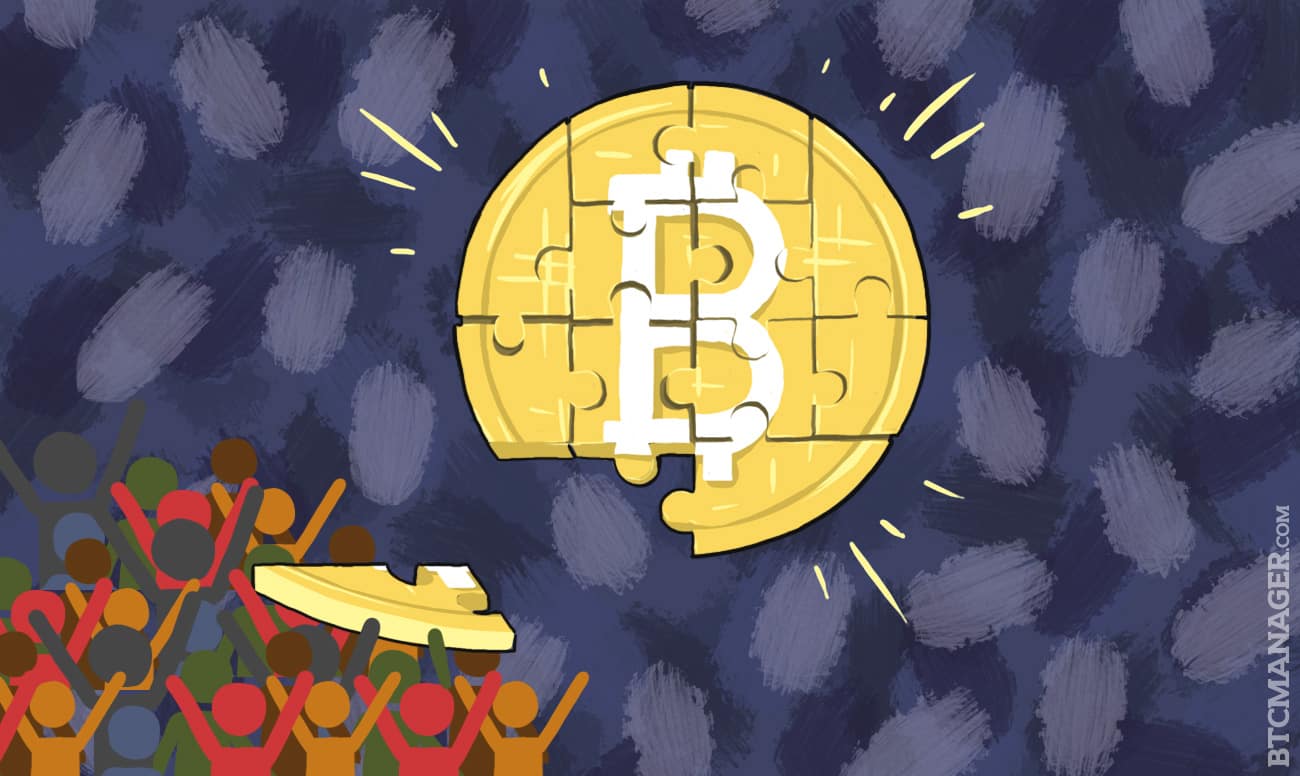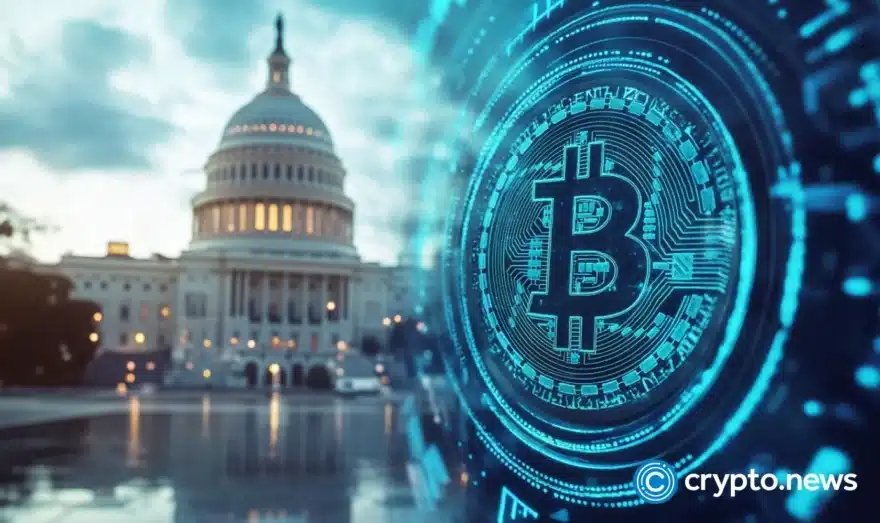SEC Approves Non-Accredited Equity Crowdfunding, Big Market for Bitcoin Startups

The U.S. Securities and Exchange Commission (SEC) has passed rules to implement Title III of the JOBS Act, authorizing non-accredited investors to partake in equity crowdfunding on online platforms such as Indiegogo or Kickstarter.
The Title III Equity crowdfunding implementation is expected to go live after a 3-month comment period and publication of rulings in the federal register.
Since early 2010, the tech scene has seen a substantial increase in projects and companies shifting toward the concept of crowdfunding, allowing individual investors to either purchase equity in a private company or participate in a pre-sale of products to help entrepreneurs raise enough capital to develop their products and services.
Over the past few years, companies like smartwatch developer Pebble, “21 century cooler” creators Coolest and nano drone manufacturer ZANO have successfully secured multi-million dollar crowdfunding campaigns, raising as much as US$20 million in a single campaign.
However, major crowdfunding platforms such as Indiegogo and Kickstarter limit their payment options to fiat-based payment networks, such as bank wiring, PayPal and credit / debit cards. The implementation of these centralized payment networks and platforms have caused numerous problems for companies during the retrieval process of their funds.
ProtonMail, a Geneva-headquartered encrypted email service provider which successfully completed their US$550,000 crowdfunding campaign back in July 2014, received the majority of their payments through Paypal. During this time, the ProtonMail team, composed of MIT, Harvard and CERN researchers were keen to rent servers and have their software out of Beta.
During the retrieval process, the ProtonMail team, composed of MIT, Harvard and CERN researchers, was enraged by the response of PayPal:
“When we pressed the PayPal representative on the phone for further details, he questioned whether ProtonMail is legal and if we have government approval to encrypt emails. We are not sure which government PayPal is referring to, but even the 4th Amendment of the U.S. constitution guarantees: “The right of the people to be secure in their persons, houses, papers, and effects, against unreasonable searches and seizures…”
The delay of payments led to a months-long postponing of their product launch, upsetting investors on Indiegogo who paid hundreds of dollars to obtain early access. Immediately after the unresolved issue with PayPal, the ProtonMail team began to accept bitcoin donations, providing a beta-testing account in return.
The finalization of the SEC implementation could potentially eliminate third-party payment networks and service providers such as PayPal and open up bitcoin toa billion dollar industry, which will allow anonymous individuals to invest in projects or startups efficiently.













